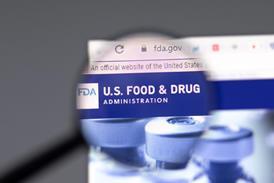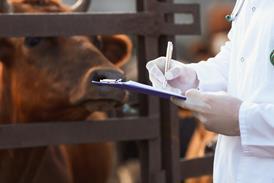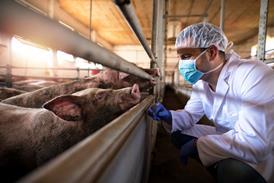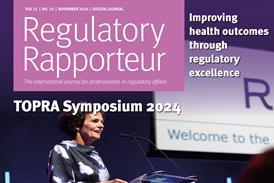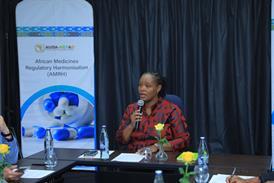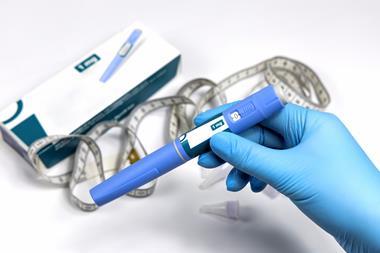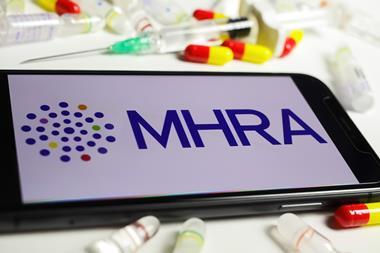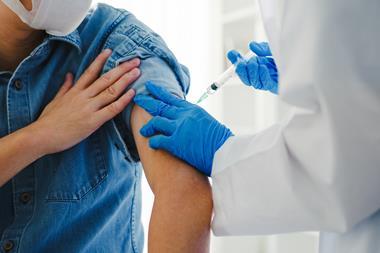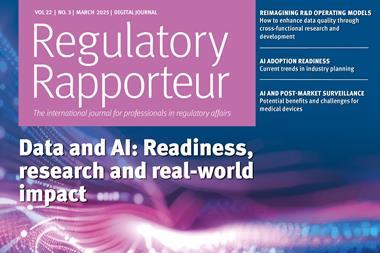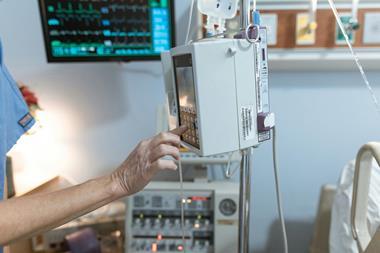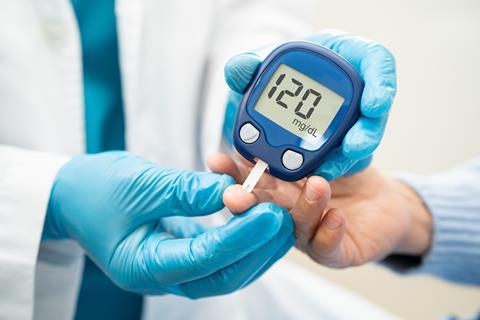
The Medicines and Healthcare products Regulatory Agency (MHRA) has published The Medical Devices (Post-market Surveillance Requirements) (Amendment) (Great Britain) Regulations 2024: guidance on implementation.
Published on 15 January 2025, this guidance outlines the compliance requirements and key changes to the new post-market surveillance (PMS) regulation that comes into effect on 16 June 2025 in Great Britain (England, Scotland and Wales).
These new regulations will apply to medical devices, including in vitro diagnostic (IVD) devices and active implantable medical devices. The guidance is highly relevant to manufacturers and to the delegated UK Responsible Person (UKRP).
According to Laura Squire, MedTech Regulatory Reform Lead and Chief Officer at the MHRA, the aim of the new post-market surveillance (PMS) regulation and the accompanying guidance is to contain ‘more safety information on medical devices.’ This will help the MHRA to act more efficiently when needed, have better risk management and promptly address safety issues.
MHRA guidance: Key points
The guidance covers aspects such as the lifetime of devices, risk management of devices and how to write the incident report. It also analyses different types of serious incidents and public health threats which must be reported to the MHRA. Manufacturers should submit reports to the MHRA via the MORE portal.
Examples of reportable incidents, such as glucose monitoring devices that fail to alert the user when glucose levels are dangerously low, or a patient who experiences an allergic reaction to a medical device, which would all need to be reported.
Furthermore, the guidance emphasises the importance of manufacturers using PMS data. The requirement for a PMS plan is now mandatory, which is a new aspect of the post-market surveillance (PMS) regulation.
It is important to note that there are a significant number of changes to the regulation that can be studied in detail. To summarise these, the MHRA has provided a table of changes.
The MHRA encourages feedback, which can be submitted through trade associations, if businesses have one.


